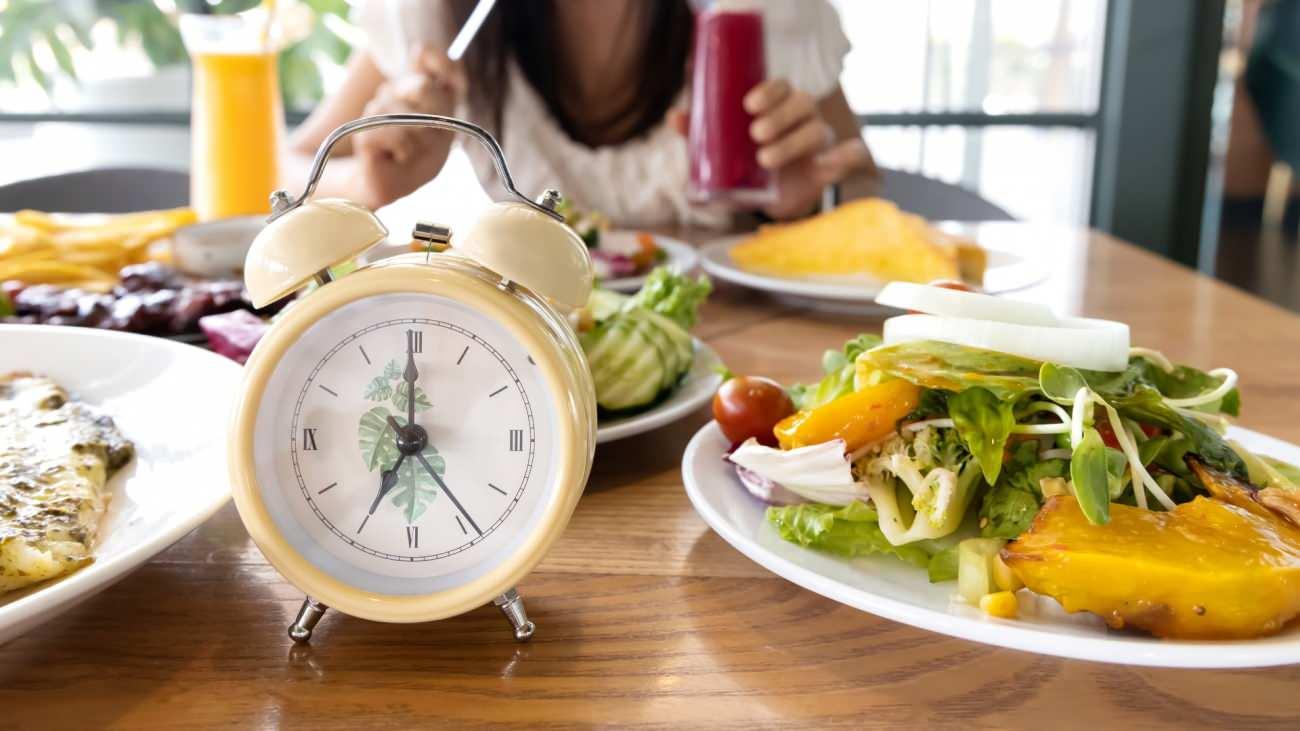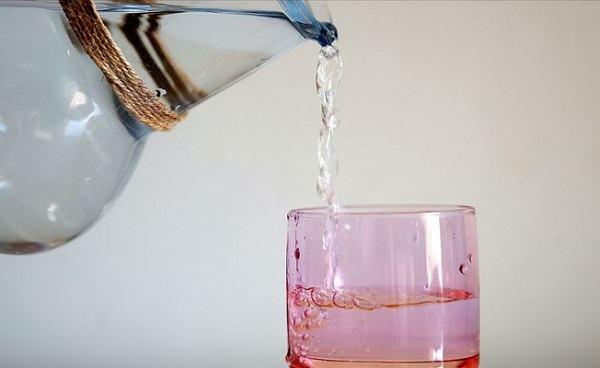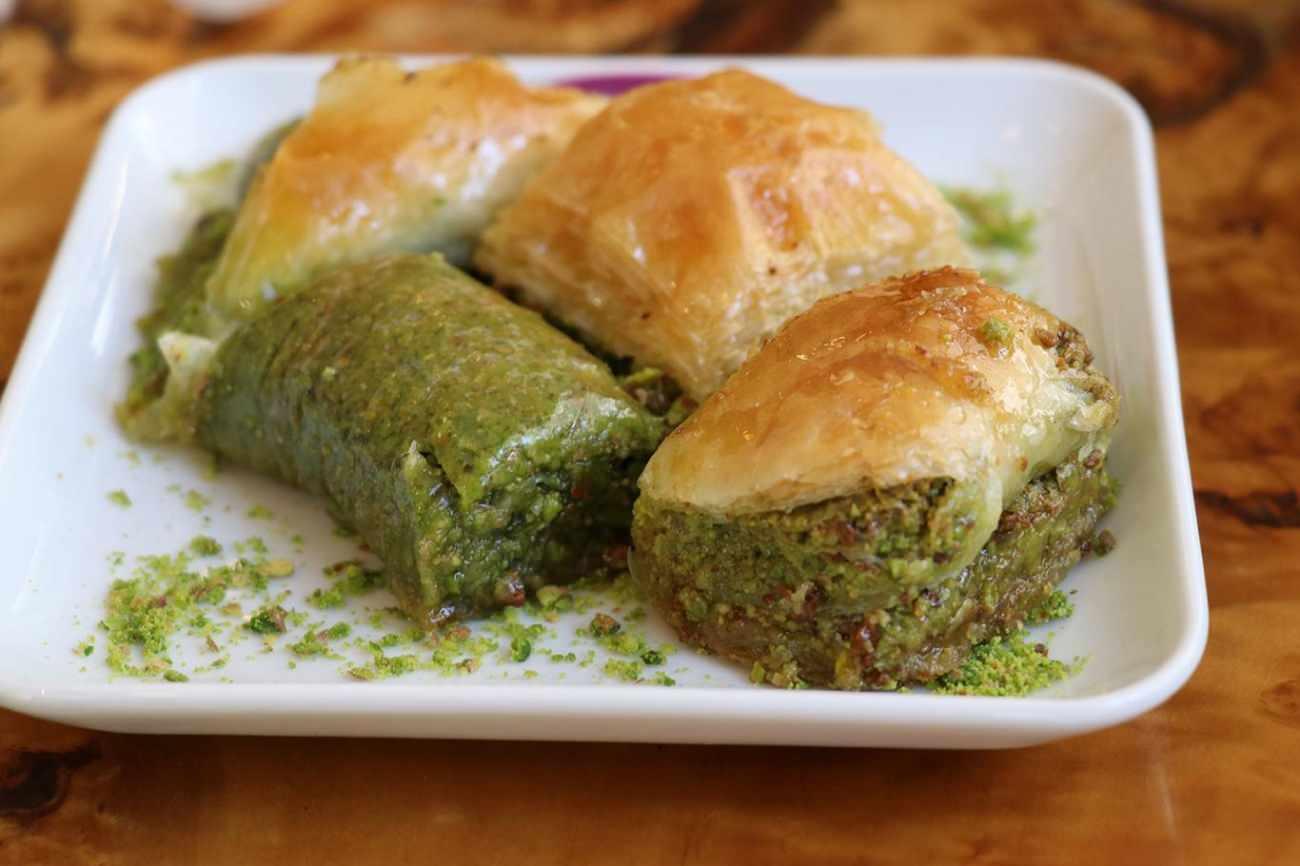Nutritional mistakes made while fasting!
With the coming of Ramadan, one of the most researched topics is about healthy eating for 30 days. Many people who cannot manage sudden sweet crises due to their long periods of hunger, resort to some mistakes by eating unhealthy. So, what are the nutritional mistakes made while fasting? Here is the list of things you should pay attention to during the month of Ramadan…
The sultan of eleven months, the most accurate fasting and healthy eating methods are being researched a lot. There are methods that should be applied correctly in terms of nutrition in order to stay more full, not to feel hungry during the long hours between sahur and iftar and not to have stomach problems. In addition, what should be consumed in sahur and iftar or who should fast are among the issues that should not be ignored. Here are the mistakes that should not be made about nutrition in Ramadan:
FAULTS MADE WHILE FASTING!
Fasting before sahur
Nutrition and Diet Specialist Melike Şeyma Deniz, noting that food variety is very important for a strong immune system, continues: “For food variety, you should consume from every food group , a colorful diet, the protein, carbohydrate, fat, vitamins, minerals and pulp the body needs must be taken in. If sahur is not made, it is not possible to provide nutritional diversity by eating only one meal a day. Considering sahur as breakfast, consuming quality resources such as eggs, plenty of greens and walnuts needed.”
Sleeping immediately after sahur after the meal
Sleeping immediately after sahur causes an increase in reflux complaints. It is easier for food to come back from the esophagus in the supine position. Especially in sahur, leaving time between the meal and bedtime will reduce the complaints.

Turning to carbohydrate foods in iftar and sahur
Vegetables rich in vitamins; a must for a strong immune system and a healthy digestive system. At the same time, thanks to being a source of fiber, it prolongs the time of satiety and helps to balance blood sugar. Nutrition and Diet Specialist Melike Şeyma Deniz, “Unfortunately, vegetables are one of the most neglected foods in Ramadan.” By saying, you should definitely include vegetables on your tables both at sahur and iftar; He says that you should include a hot vegetable dish, vegetables with olive oil, boiled / sauteed / grilled or as a salad.

Not drinking enough water between iftar and sahur
Not drinking enough water during Ramadan It causes problems such as constipation, headaches and fatigue during the day. In addition, it is necessary to drink water to strengthen the immune system, because water helps to remove toxins from the body. For this reason, be sure to meet your daily water needs between iftar and sahur. You can calculate your water need as 30-35 ml per kilo. eg; If you weigh 60 kilos, you can consider your water requirement as 1800 ml. If your water consumption is insufficient, you can also consume options such as buttermilk, herbal tea and unsweetened compote in appropriate sizes to support it.
Going to fast food as soon as you break the fast and swallowing the food without chewing
Consuming a lot of food at once during iftar can result in complaints such as indigestion and reflux. So slow down as much as possible while eating. Drinking soup first, then taking a 5-10 minute break and switching to the main meal will help you have a more comfortable Ramadan. Make sure that your main course choices are not too oily dishes.
Fasting while lying down,
Moving both makes our body work and helps control appetite. Even though our movement is limited outside with the pandemic, you can spend Ramadan healthy with small exercises you can do at home after iftar. Taking advantage of exercise videos on the Internet, even walking around the dinner table for 10-15 minutes will be beneficial.

Being fooled by sherbet desserts
“Dessert craving is one of the most common situations we encounter in Ramadan Of course sweet It is not forbidden to eat it, but it would be more appropriate to prefer milk and fruit desserts rather than syrup, dough and fried desserts. Nutrition and Diet Specialist Melike Şeyma Deniz says: “The traditional taste of Ramadan, desserts such as gullaç, rice pudding and ice cream have lower calories than desserts with syrup. In addition, these desserts stand out with their protein and calcium content. Other options are fruit desserts with low or no sugar. are fruit compotes.”
FOODS SHOULD NOT BE PREFERRED WITHOUT FRY AND SALAMI, SAUSAGE
Nutrition and Diet Specialist Çeliktaş listed the things to be considered while fasting as follows:
“We can fast comfortably by paying attention to some things without pain. First of all, adequate and balanced nutrition should be maintained. Foods such as heavy and fatty foods, fried foods, salami, sausages, and sausage should be avoided. These trigger diseases such as indigestion, heartburn, and blood pressure rise or fall.” he said.

